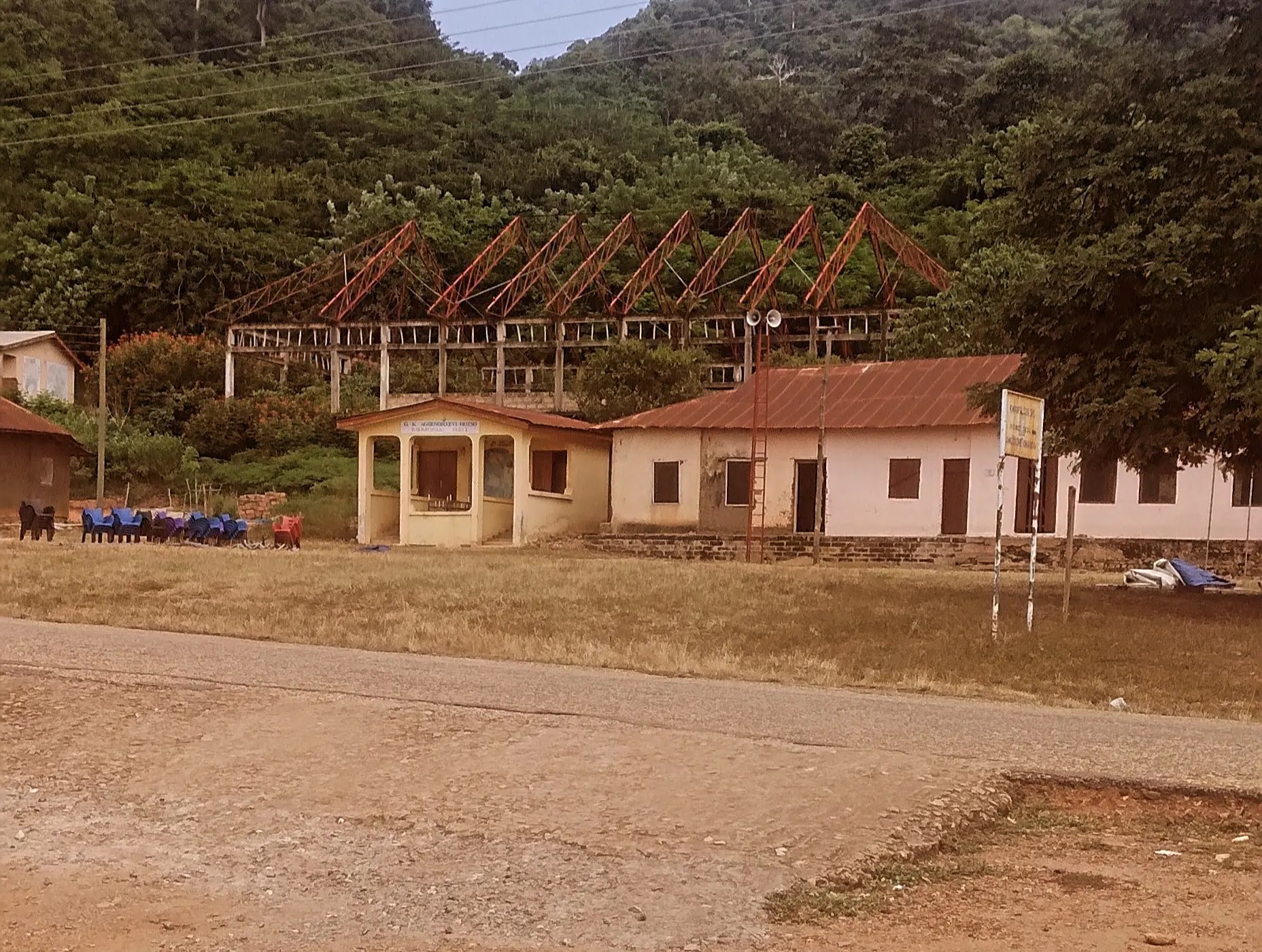Awudome Kwanta: A Glimpse into the Heart of Volta Region, Ghana
Tucked away in the serene landscapes of the Volta Region lies Awudome Kwanta, a vibrant community steeped in history, tradition, and resilience. This documentary-style blog takes you on a journey through the everyday life, culture, and aspirations of the people of Awudome Kwanta.
1. Introduction to Awudome Kwanta
Awudome Kwanta is a small but significant village in the Volta Region of Ghana. Surrounded by lush greenery and gently undulating hills, it shares borders with neighboring towns that are part of the larger Awudome Traditional Area. The village’s location provides a scenic yet strategic setting for both cultural preservation and economic activity.
Historical Background:
The history of Awudome Kwanta dates back generations. Oral traditions suggest that the community’s founders migrated from other parts of Eweland, settling in the area due to its fertile lands and strategic position. Over the years, the village has witnessed important cultural and historical events that continue to shape its identity today.
2. Cultural Practices and Traditions
Festivals:
Awudome Kwanta is home to vibrant festivals that bring together community members in celebration and reflection. These events feature traditional dances, colorful attire, ancestral rituals, and communal feasting, all of which affirm the community’s strong cultural roots.
Language:
The dominant language spoken is Ewe, a key component of the village’s identity. Through storytelling, proverbs, and folk songs, the language serves as a vessel for transmitting wisdom and values across generations.
Religion:
Religious life in Awudome Kwanta is diverse, blending Christianity with traditional beliefs. Many residents practice ancestral worship alongside modern faiths, maintaining a spiritual balance that honors both the old and the new.
3. Economy and Livelihood
Agriculture:
Farming is the backbone of life in Awudome Kwanta. Locals cultivate maize, cassava, yams, and other staples, using both traditional and modern farming techniques. These crops not only feed the community but also serve as trade goods.
Livestock Rearing:
Goats, sheep, poultry, and sometimes cattle are reared by households, playing an essential role in both nutrition and income generation.
Trade and Commerce:
Markets buzz with activity on market days, with traders from neighboring villages exchanging goods such as vegetables, textiles, and handmade crafts. Informal trade systems help sustain the local economy.
4. Education and Development
Schools:
Education is a growing priority. The village is served by primary and junior high schools that aim to provide basic education despite limited resources. Dedicated teachers work hard to shape the next generation.
Development Projects:
Various initiatives are underway to improve infrastructure, healthcare access, and sanitation. NGOs and local authorities collaborate to introduce water systems, community clinics, and youth development programs.
5. Daily Life in Awudome Kwanta
Family Structures:
Family life is communal, with extended families often living in close quarters. Elders are respected and play key roles in decision-making and the upbringing of children.
Cuisine:
Meals are deeply rooted in local tradition. Favorites include akple with fetridetsi, banku, and abolo. Ingredients like cassava, maize, and palm oil form the base of most dishes, often cooked over open fires in clay or metal pots.
Social Life:
The village thrives on a strong sense of community. Marriages, funerals, and festivals serve as opportunities for socializing and reaffirming bonds. Music and storytelling are integral to communal evenings.
6. Challenges and Opportunities
Challenges:
Awudome Kwanta faces common rural challenges—limited access to clean water, healthcare, and higher education. Unemployment, especially among the youth, is a pressing concern.
Opportunities:
There’s growing interest in developing eco-tourism, tapping into the village’s natural beauty and cultural heritage. Entrepreneurship, vocational training, and improved farming methods offer paths toward economic growth.
7. Future Aspirations
Community Vision:
The people of Awudome Kwanta envision a future where tradition and progress coexist. Their hopes include modern infrastructure, better schools, healthcare for all, and sustainable employment, all while preserving the cultural soul of the village.
Final Thoughts:
Awudome Kwanta is more than just a dot on the map—it’s a community rich in spirit, tradition, and determination. As it navigates the challenges of the modern world, the village stands as a testament to the strength found in unity and cultural pride.
Let’s Discover More.
Visit letsdiscover.com for more stories from across Ghana and beyond.







